![How France still controls Africa [Newsweek] How France still controls Africa [Newsweek]](https://static.netnaija.com/i/zxG7ZWxdaq2.webp)
Amidst the recent coups in Mali, Gabon, Burkina Faso, and other African countries, it is important to examine the extent of France's influence over its former colonies.
France and Britain were colonial overlords of Africa; while Britain colonised 22 African countries, France colonised 20. Benin, Burkina Faso, Côte d'Ivoire, Guinea, Mali, Niger, Senegal, Togo, Cameroon, Central African Republic, Chad, Congo, Equatorial Guinea, and Gabon were some of France's colonies.
France ruled these countries indirectly and assimilated them into their culture and lifestyle, and unfortunately, many of these countries never became fully independent since they signed a colonial pact before their independence.
Here's how France still controls many parts of Africa:
1. These countries must officially speak French
African countries that were French colonies must adopt French as their official language and the language for their education system, which is governed by France's foreign minister. This means their local indigenous languages are pushed to the back burner.
2. They have to pay colonial debt
14 former French colonies in Africa pay a colonial tax to France. These countries pay for infrastructure that was built by France during colonialism. The size of this debt fluctuates based on the country paying it and the growth of its infrastructure.
3. France controls the countries' national reserve
France has control over their former colonies' national reserves since they are required to deposit their monetary reserves with France's central bank.
14 African countries have retained their national reserves since 1961, with more than 80% put in "operations accounts" managed by the French Treasury.
The countries do not know the quantity of foreign reserves kept by the French Treasury. France today maintains approximately $500 billion in African countries' money in its treasury, with barely 15% accessible to African countries. They even have to pay interest to withdraw more than 15%.
4. France has the right to use natural resources from its colonies first
France has the first right to use and buy natural resources discovered in its territory and to purchase them from former colonies. These colonies cannot choose to sell their natural resources to other countries before France.
5. French companies are considered first for government contracts
The government of its colonies gives precedence to French interests and firms. French companies must be considered, and only then can Africans do business with other international companies. As a result, France owns all significant economic assets in colonies like Côte d'Ivoire, including water, power, telephone, transportation, ports, and major banks.
6. France supplies military equipment, trains its military and has troops in these countries
France also claims exclusive rights to offer military equipment and training to African military commanders via a system of scholarships, grants, and "defence agreements" related to the Colonial Pact. France has the legal authority to intervene militarily in African countries and to station soldiers on their bases indefinitely.
7. They have to use colonial currency
The former French colonies are obligated to use the colonial currency FCFA, commonly known as the CFA franc, which not only depletes the wealth of African nations but also contributes an astounding $500 billion annually to the French treasury.

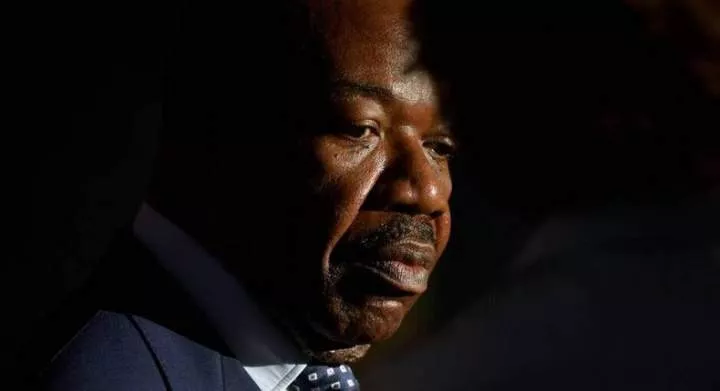
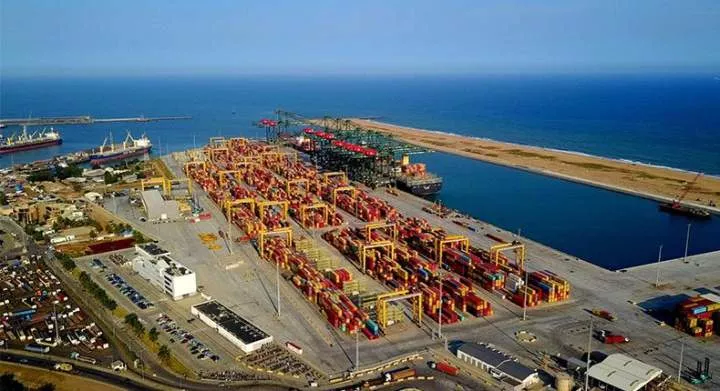
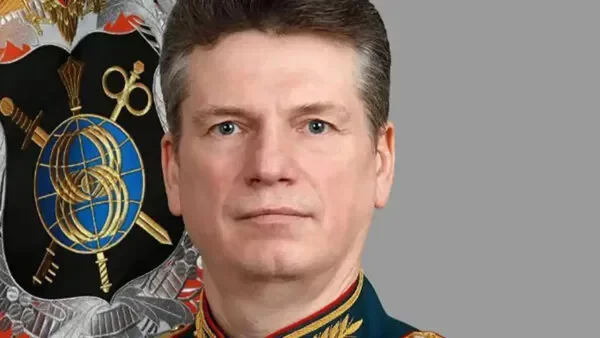
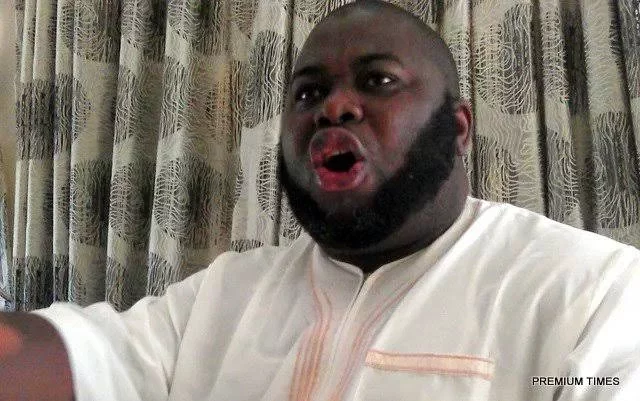
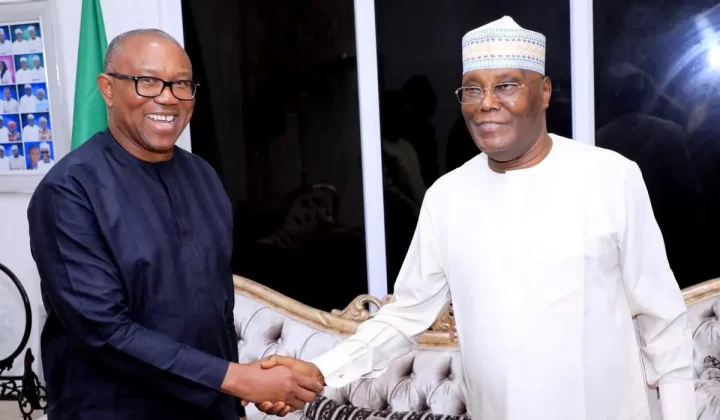
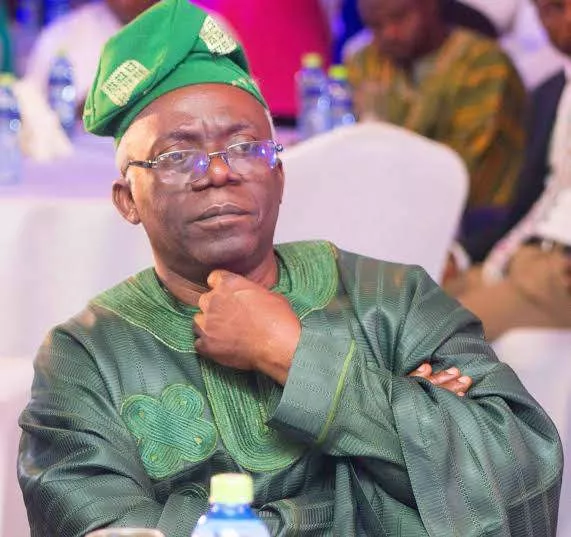




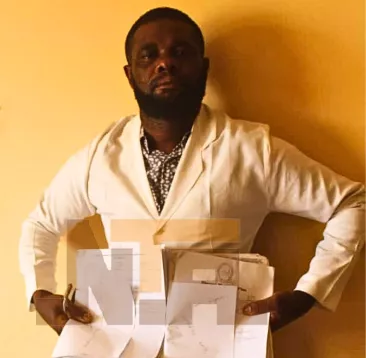

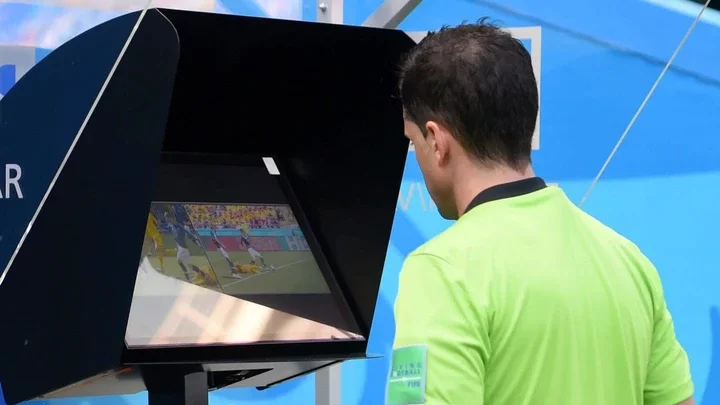
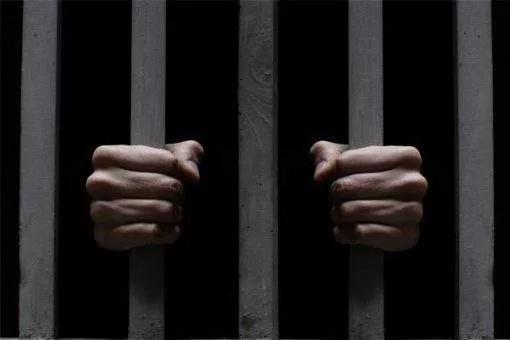


Comments